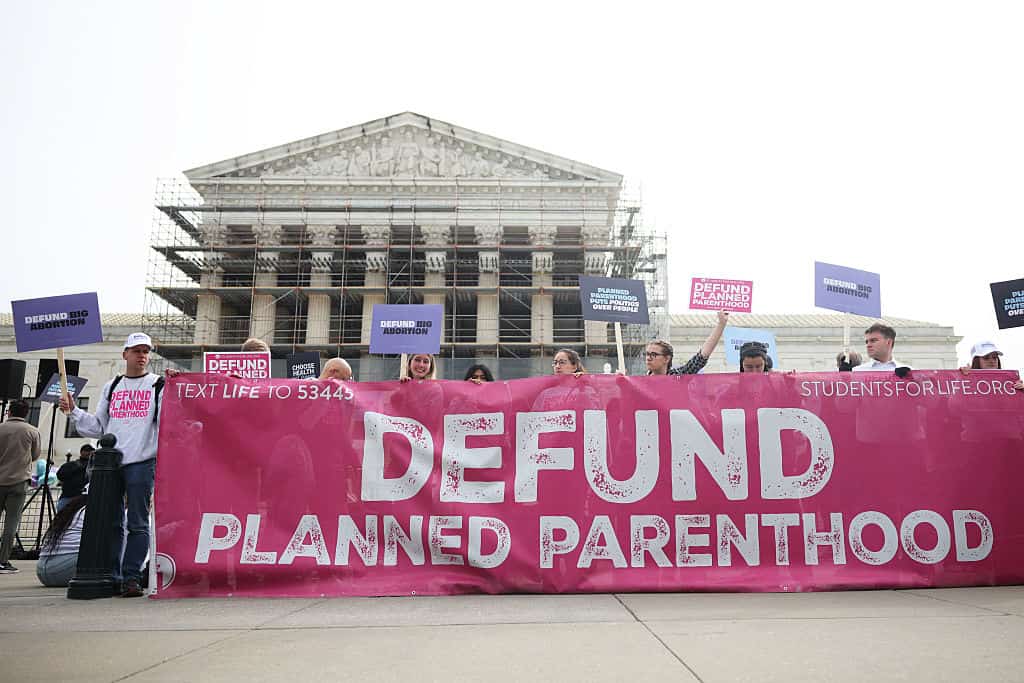Supreme Court Rules Presidents Have ‘Presumptive Immunity’ for All Official Acts
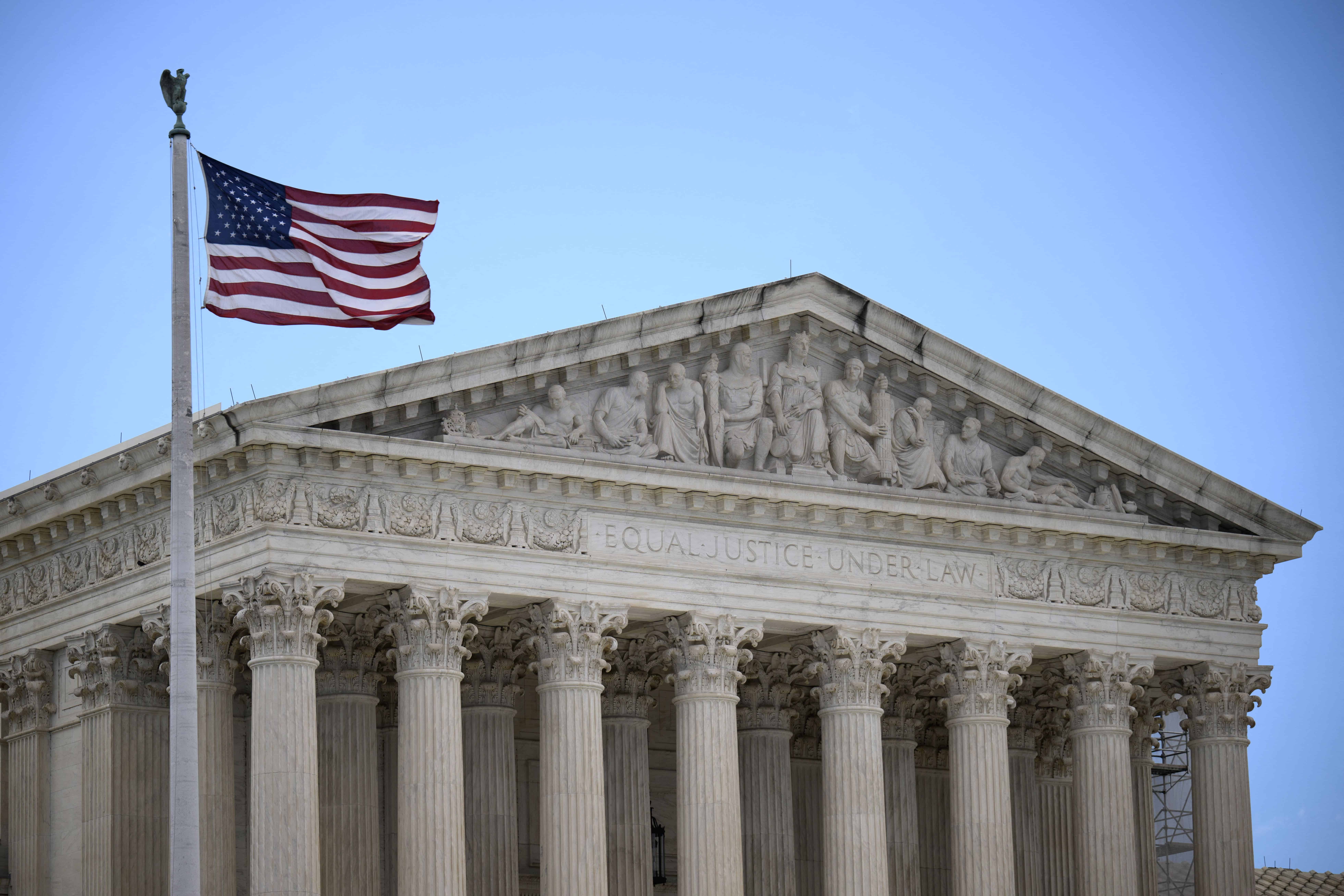
The U.S. Supreme Court issued a landmark ruling on Monday deciding that presidents have significant immunity for acts taken while in office.
The Ruling
The president “may not be prosecuted for exercising his core constitutional powers, and he is entitled, at a minimum, to a presumptive immunity from prosecution for all his official acts,” Chief Justice John Roberts wrote in the majority opinion in Trump v. United States, joined by Justices Thomas, Alito, Gorsuch, Kavanaugh and Barrett.
The Court majority added,
The separation of powers principles explicated in our precedent necessitate at least a presumptive immunity from criminal prosecution for a President’s acts within the outer perimeter of his official responsibility.
Such an immunity is required to safeguard the independence and effective functioning of the Executive Branch, and to enable the President to carry out his constitutional duties without undue caution.
“That immunity applies equally to all occupants of the Oval Office, regardless of politics, policy, or party,” the chief justice wrote.
At a minimum, for a president to be prosecuted for an official act, the government must be able to show that “applying a criminal prohibition to that act would pose no ‘dangers of intrusion on the authority and functions of the Executive Branch,’” the Court added.
But even if the government can make such a showing, it’s possible a president would still be immune from criminal prosecution for official acts. The Court did not decide whether presidential immunity for official acts is presumptive or absolute; it is at least presumptive.
However, “the President enjoys no immunity for his unofficial acts, and not everything the President does is official,” the Court also determined.
Now, what actions of a president are official, and thus entitled to presumptive immunity? And which are unofficial, and therefore not entitled to immunity?
The Court did not make a final determination on that question, leaving the exact scope of its ruling for another day.
Justice Sotomayor filed a dissenting opinion, which Justices Kagan and Jackson joined.
The History
In 1982, the U.S. Supreme Court held in Nixon v. Fitzgerald that presidents are totally immune from civil liability for actions taken while in office; the Court held that presidents are “entitled to absolute immunity from damages liability predicated on his official acts.”
The Supreme Court’s decision today extends a president’s immunity from civil damages to presumptive immunity for official, allegedly criminal acts.
Why It’s Important
The Supreme Court’s decision today is important and instructive, far beyond the facts and events surrounding the case at hand.
The judgment gives us the opportunity to reflect on the nature and structure of our government, and how the Framers fashioned it in the U.S. Constitution.
“The President is a branch of government, and the Constitution vests in him sweeping powers and duties,” Chief Justice Roberts wrote in his opinion.
“Accounting for that reality – and ensuring that the President may exercise those powers forcefully, as the Framers anticipated he would – does not place him above the law; it preserves the basic structure of the Constitution from which that law derives.”
Many people are familiar with the Bill of Rights – the first ten amendments to the U.S. Constitution – that guarantees our rights to the Freedom of Religion, the Freedom of Speech, the Freedom of the Press, and the right to keep and bear arms, for example.
But far fewer are aware of how the very structure of the Constitution protects our rights and liberties.
Indeed, our Constitution details the powers granted to the federal government. For example, Article I enumerates the various legislative powers delegated to the U.S. Congress; Article II details the powers given to the president; and Article III specifies the role and structure of the judicial branch.
This distinct separation of power is important to ensure the government does not infringe upon the people’s liberty.
Consider the constitution of the Union of Soviet Socialist Republicans (Soviet Union), which promises far more rights to its people than our Constitution does. However, people were far less free in the Soviet Union, despite these “guaranteed” rights.
Why?
Supreme Court Justice Antonin Scalia articulated the answer in a speech he gave at Brown University in 1991,
A bill of rights has value only if that other part of the constitution – the part that really “constitutes” the organs of government – establishes a structure that is likely to preserve, against the ineradicable human lust for power, the liberties that the bill of rights expresses.
In other words, without a proper delineation of the separation of powers within a government, a bill of rights means nothing.
A Cause for Reflection
In authoring the majority’s opinion, Chief Justice Roberts reflected upon the separation of powers, and its importance to our government.
“In a case like this one, focusing on ‘transient results’ may have profound consequences on the separation of powers and for the future of our Republic,” the chief justice wrote.
Quoting our nation’s first President George Washington, he added that the best way to avoid the “frightful despotism” of “alternate domination of one faction over another, sharpened by the spirit of revenge,” is to ensure that government powers remain “properly distributed and adjusted.”
Our Founding Fathers knew that governments, made of imperfect and sinful human beings, are prone to excesses and the abuse of power.
“But what is government itself, but the greatest of all reflections on human nature?” wrote either Alexander Hamilton or James Madison in Federalist No. 51.
If men were angels, no government would be necessary. If angels were to govern men, neither external nor internal controls on government would be necessary. In framing a government which is to be administered by men over men, the great difficulty lies in this: you must first enable the government to control the governed; and in the next place oblige it to control itself.
Indeed, we are all broken, flawed and sinful individuals. This is only exacerbated when people are granted power and prestige. It’s often said that “power corrupts; absolute power corrupts absolutely.”
We should be grateful for the intense wisdom and insight our Founding Fathers demonstrated when crafting our Constitution. They divided power so that “ambition [would] … counteract ambition,” reducing the inherent risk of governmental powers violating the people’s liberties.
In this way, when we consider the structure of our government, perhaps we can learn something about ourselves at the same time.
The case is Trump v. United States.
Photo from Getty Images.
ABOUT THE AUTHOR
Zachary Mettler is a writer/analyst for the Daily Citizen at Focus on the Family. In his role, he writes about current political issues, U.S. history, political philosophy, and culture. Mettler earned his Bachelor’s degree from William Jessup University and is an alumnus of the Young Leaders Program at The Heritage Foundation. In addition to the Daily Citizen, his written pieces have appeared in the Daily Wire, the Washington Times, the Washington Examiner, Newsweek, Townhall, the Daily Signal, the Christian Post, Charisma News and other outlets.
Related Posts
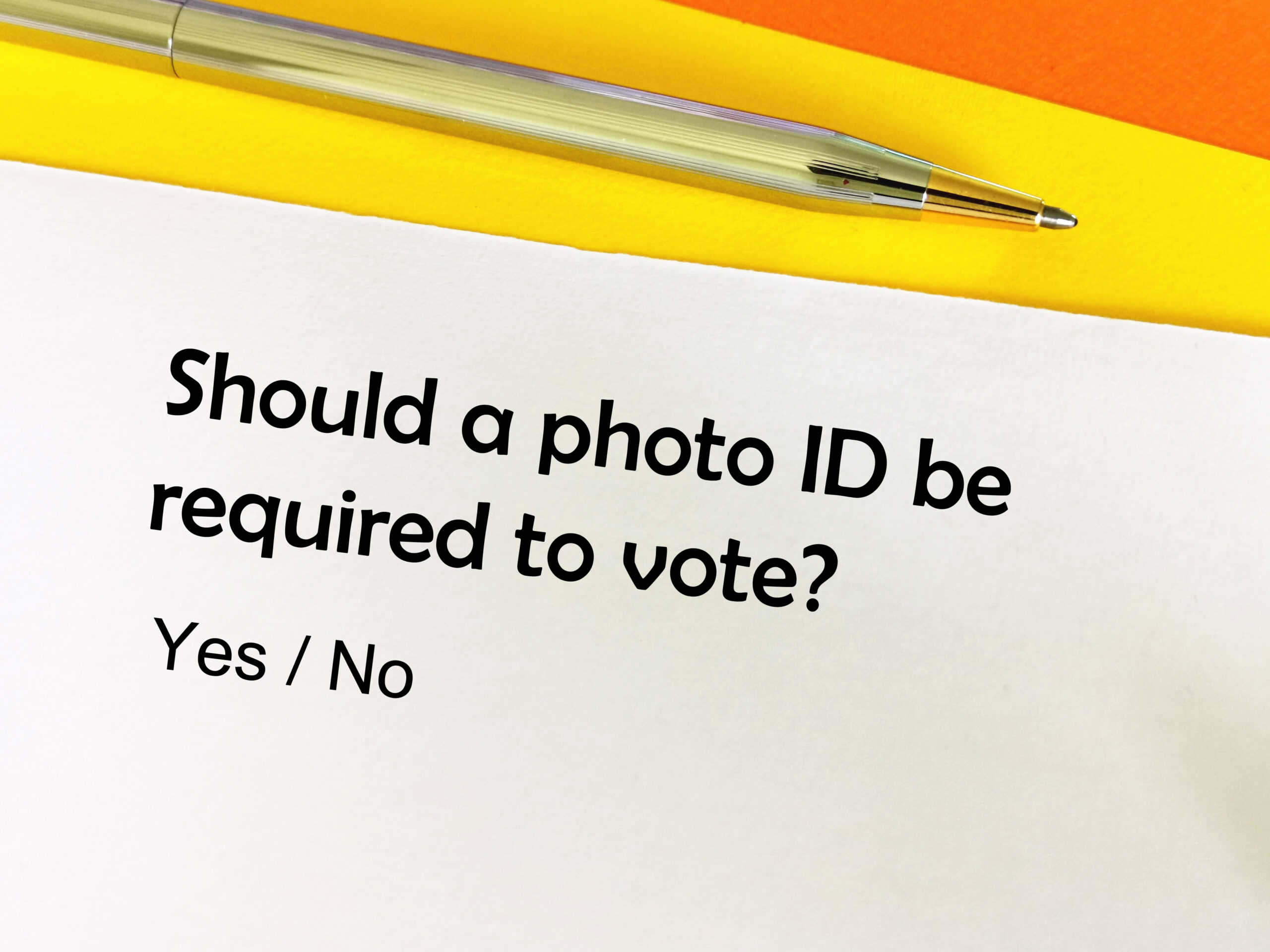
Is it ‘Voter Suppression’ to Require Proof of Citizenship to Vote?
February 10, 2026
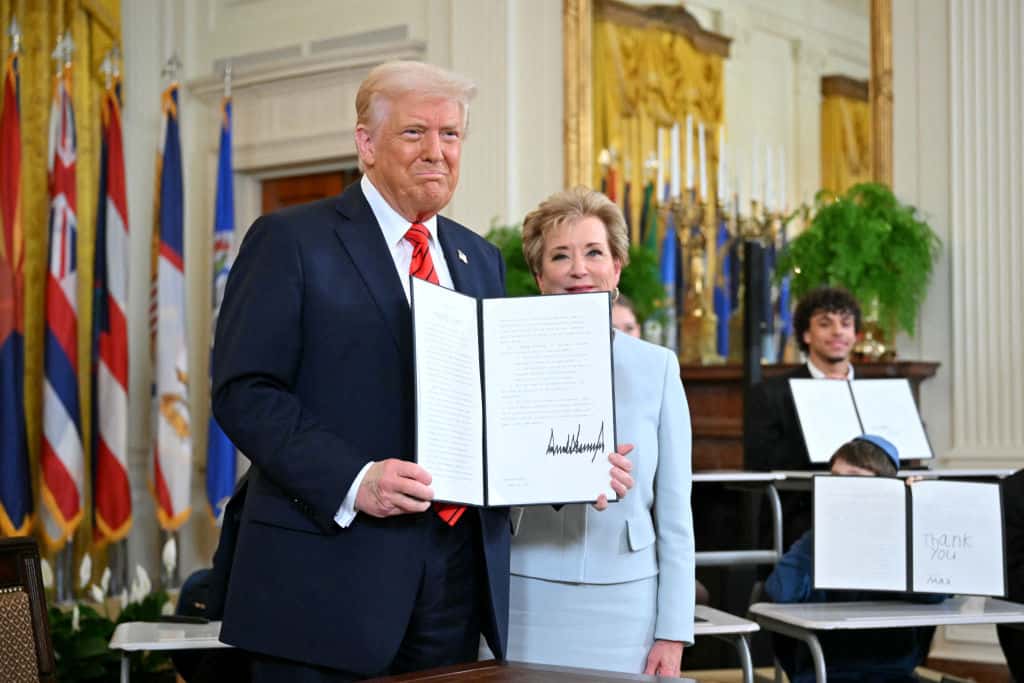
Education Department Celebrates National School Choice Week
January 30, 2026
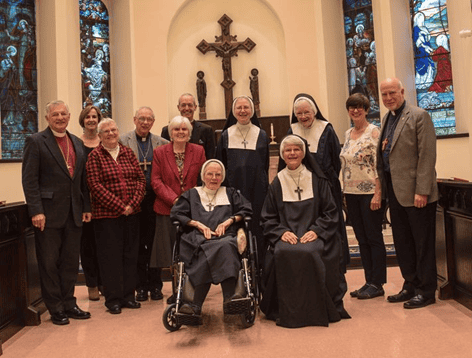
New York Ends Fight to Force Nuns to Pay for Abortions
January 27, 2026

